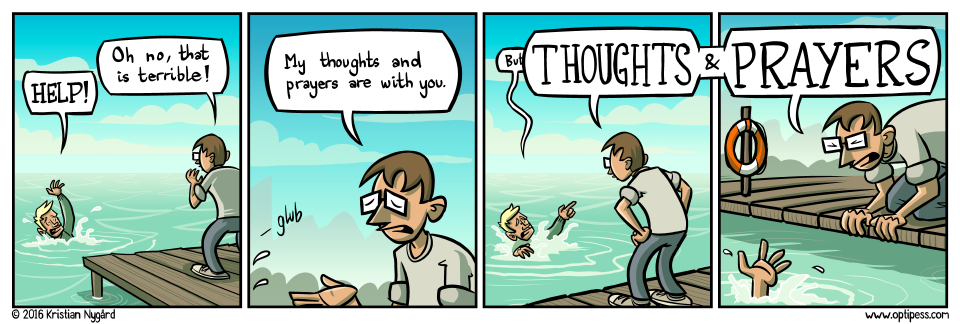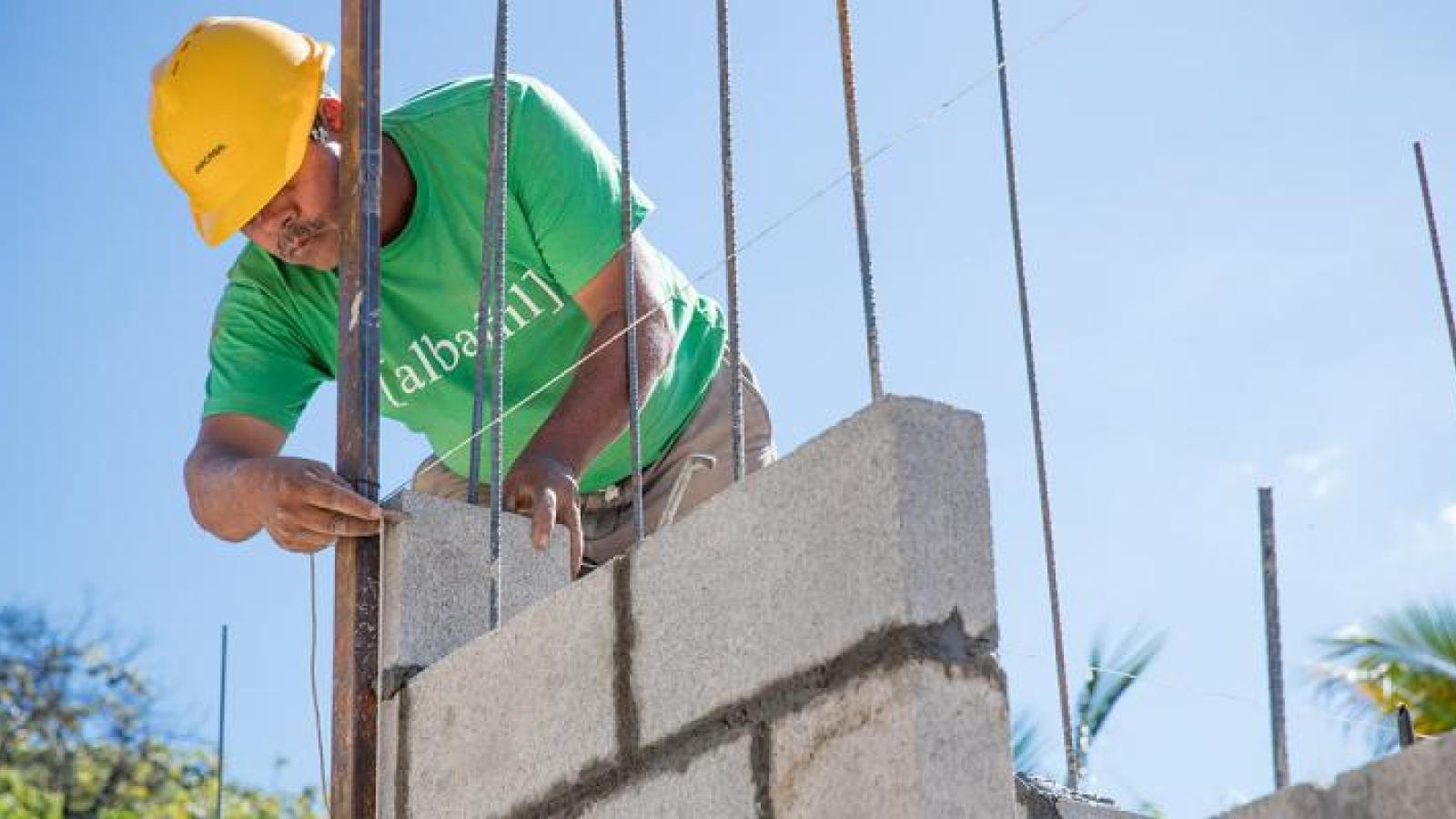I love Christmas. A lot. And by looking at the world around me I can see that I am clearly not alone in my love of Christmas. There are as many different reasons for loving Christmas as there are people that love Christmas, and I've endeavored many times here on my blog to enumerate some of the reasons that I love Christmas. It seems like this time of year never comes around but that I feel the exquisite joy that accompanies the season, and I feel the urge to write something to somehow capture or otherwise describe that feeling.
Today I've been reading (both in print and audiobook) one of my top 10 (maybe edging into top 7 or even 5) favorite books. Not top 10 favorite Christmas books, top 10 favorite books: A Christmas Carol, by Charles Dickens. I read this book every year at Christmas time, and often several other times throughout the year, because I feel like it brings the Christmas spirit to the fore in ways that little else can.
 |
| Here's a picture of me and Shar reading A Christmas Carol on Christmas Eve last year. (Even when she's fast asleeping she's still just devastatingly gorgeous.) |
(Certain Christmas carols do this for me as well, but we're not here to talk about them. Not right now at least.) As I've been rereading this book I've been marveling and wondering at its ability to stay fresh and moving despite my having read it literally dozens of times and having seen dozens of adaptations in film and on stage. This is yet another iteration of my perennial question about literatures ability to maintain relevance across space and time, but for me there's something especially poignant about A Christmas Carol. But why?
I've been taking some time to ponder on this question for a couple hours now, and I think I have at least some kernel of an answer. At least, it feels like a kernel of an answer for me. And I think the crux of the answer lies in what David Bednar has called, "the simple and clear definition of truth set forth in the Book of Mormon." In the Book of Jacob, chapter three and verse four, the prophet Jacob writes, "the Spirit speaketh the truth and lieth not. Wherefore, it speaketh of things as they really are, and of things as they really will be; wherefore, these things are manifested unto us plainly, for the salvation of our souls." I think that in exploring the redemption of Ebeneezer Scrooge, Dickens was plainly inspired by the Spirit to write about Scrooge's journey in discovering things as they really are and of things as they really will be.
To explain what I mean, allow me to briefly summarize a scene that takes place early on in the book. Scrooge is in his place of business when he is confronted by two men hoping to elicit some donation which they intend to then relay to the poor and destitute. As Scrooge inquires after the various government services set up to help the poor, the men reply, "Many can’t go there; and many would rather die.” Whereupon the following exchange takes place:
“If they would rather die,” said Scrooge, “they had better do it, and decrease the surplus population. Besides—excuse me—I don’t know that.”
“But you might know it,” observed the gentleman.
“It’s not my business,” Scrooge returned. “It’s enough for a man to understand his own business, and not to interfere with other people’s. Mine occupies me constantly. Good afternoon, gentlemen!”
The line about how the poor had better hurry up and die to decrease the surplus population gets a lot of play, and is even refuted with great flair later on by the second ghost when Scrooge is made to realize that Tiny Tim is among that "surplus population." However, what really struck me today is the line, "Besides—excuse me—I don't know that."
How many of us go about our lives happy and content, not realizing that our happiness and contentment is only possible because we, in the words of the assuredly dead Marley, "walk through crowds of fellow-beings with [our] eyes turned down?" How often do we consciously or unconsciously choose to avoid knowing about and being involved in the lives—both sorrows and joys—of our fellow passengers to the grave?
It seems to me that much of this novella is devoted to helping Scrooge better know "things as they really are and things as they are to come" with specific regard to the reality of the lives of those around him. The spirits (much like the Spirit, capital "S," more generally) exist to help him see the truth of his own life. That includes the truth about how he came to be the scrooge that he is; the truth of the effects, direct and indirect, of his own life and choices on the many people within the sphere of his influence; and the potential truth of what will happen unless he continues on his current path. And, as Jacob says, this truth is stated and shown plainly to Scrooge by the spirits for the salvation of his soul.
The great blessing in Scrooge's life, and the great message of this novella, is that, no matter how we are currently living our lives, we can work harder to make "Mankind [our] business. The common welfare [can be our] business; charity, mercy, forbearance, and benevolence, [can be], all, [our] business. The dealings of [our] trade [are] but a drop of water in the comprehensive ocean of [our] business!"
Part of the beauty and wonder of the Christmas season, to me, is that it invites us to "raise [our eyes] to that blessed Star which led the Wise Men to a poor abode!" Those poor abodes don't necessarily have to be financially poor abodes. Rather we can recognize that everyone that we know and interact with has lives riddled with "poor" moments. The nature of this life is that we all have difficulties and struggles that make all of us "poor" at some time or another. But the lesson of A Christmas Carol that I've been learning today, and perhaps one of the most important lessons of of Christmas as a whole, is that we can and ought to make the business of our lives the working and helping and generally living together with all the other poor folks that live all around us. In other words, we ought to strive to live our lives after the pattern and example set by Him whose birth we celebrate.
That is the truth that Scrooge seems to learn that is taught him by the spirits. And as I have reread that truth today, the Spirit is teaching me the same truth. As my favorite adaptation of A Christmas Carol puts it, "It is the season of the Spirit. The lesson, if we hear it, is make it last all year." I especially love the feeling of the Christmas season because this spirit of kindness and charity and concern for the Other seems to pervade every aspect of the holiday, but we can and should make a concerted effort to make that spirit last all the year through.











